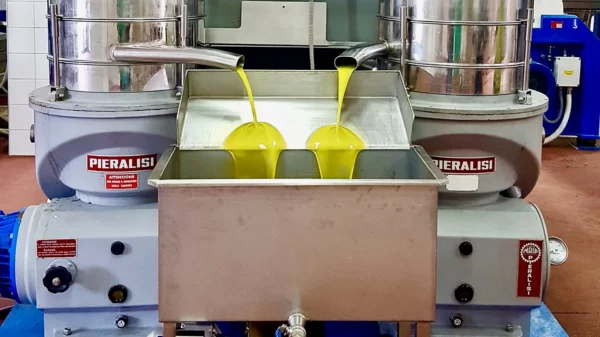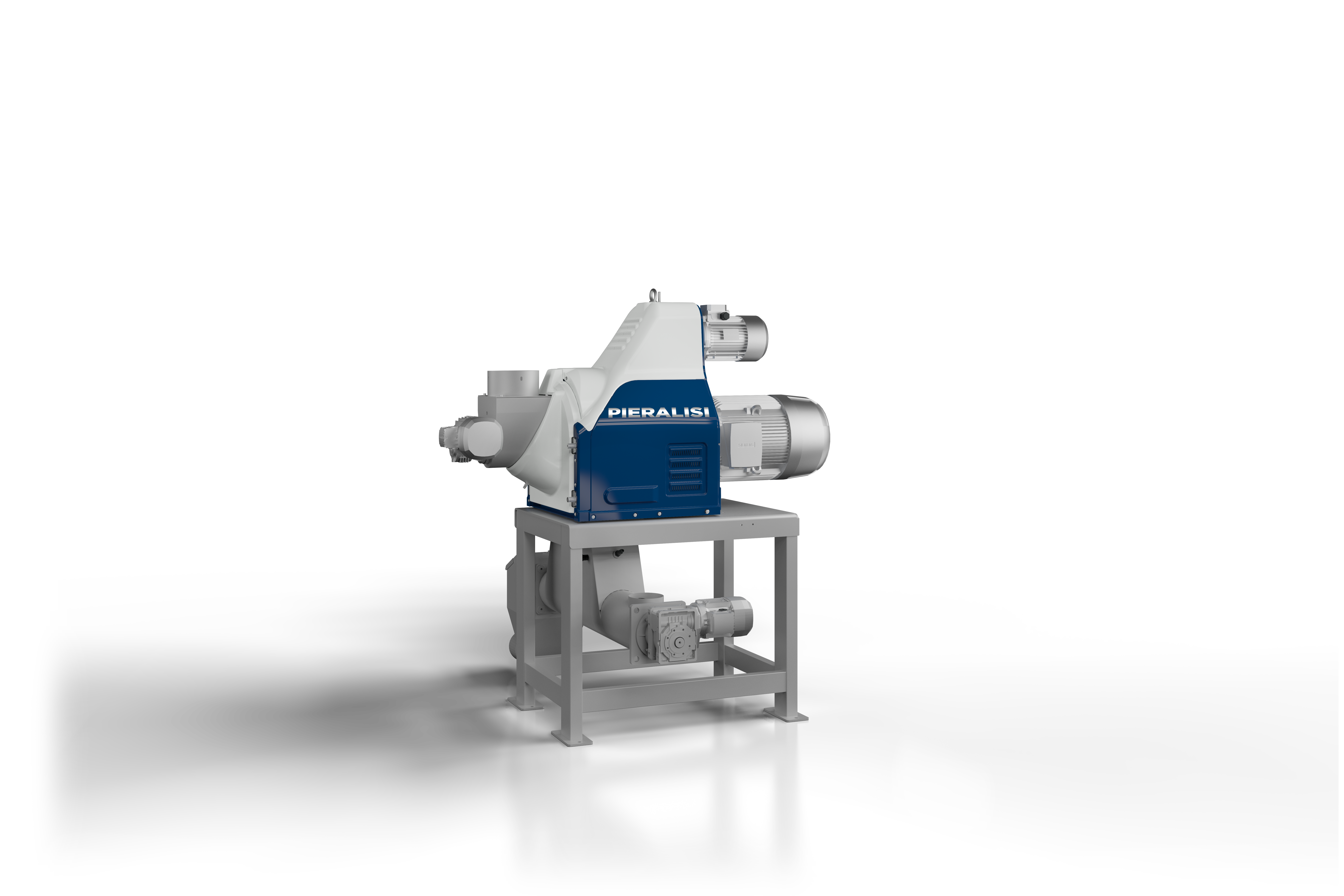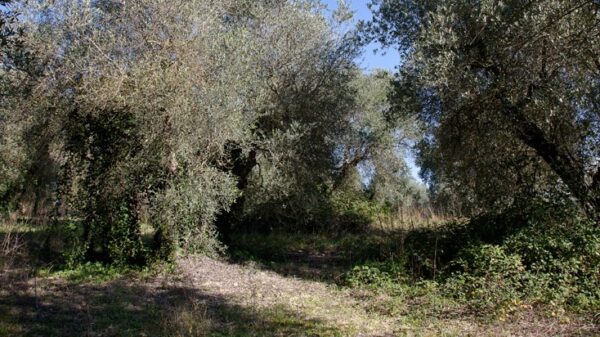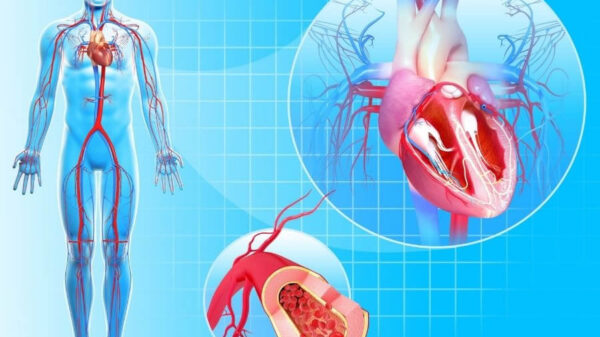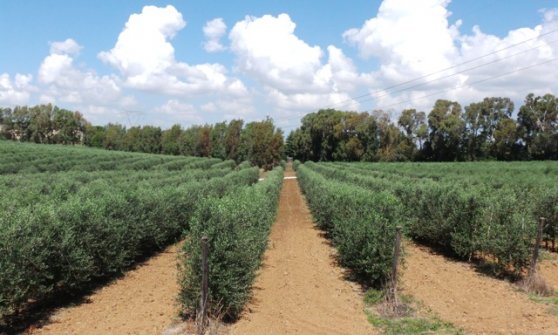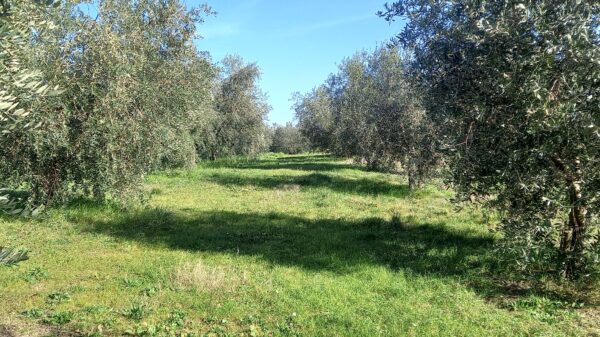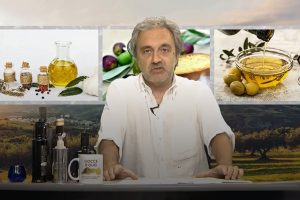A story that repeats itself and on which Pieralisi – world leader in the production of olive oil machines and strong experience consolidated over time – had warned, giving the appropriate suggestions. Let's talk about the test performed by German trade magazine Öko Test which, after a few years, has replicated the analyzes on 19 extra virgin oils tested in the laboratory, finding mineral oil contamination. In particular Mosh (Mineral Oil Saturated Hydrocarbons, i.e. saturated hydrocarbons, both linear and branched) e Moah (Mineral Oil Aromatic Hydrocarbons, i.e. aromatic hydrocarbons, consisting of one or more benzene rings with hydrocarbon chains), the latter being carcinogenic, both in any case harmful to health,
This is not the place to indicate the brands involved, how the analyzes and legitimate replies of the companies involved took place. We are interested in helping millers and oil producers understand how this contamination could have occurred and have the knowledge and tools to avoid it.
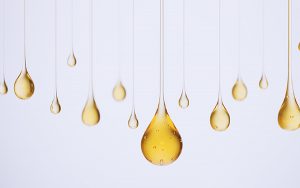 For this we have used thePieralisi technical assistance who thus replied: "The contamination certainly derives fromuse of non-food lubricants. If the contamination occurred in the field, it could have been a contact of the olives with the lubricating oil of a shaker or a harvesting machine. Easier it could have been registered in an oil mill where an anomalous lubricant was used in the bearings of the auger of a decanter. Perhaps to save money, in fact, they are looking for products that are certainly cheaper, but which derive from the oil refining cycle and therefore release carcinogenic hydrocarbons that damage the product. There is a limit established by law, but even if it remains below it, it is inevitable that the oil will still be contaminated. For this reason we always recommend the use of original products in all the spare parts of an oil mill”.
For this we have used thePieralisi technical assistance who thus replied: "The contamination certainly derives fromuse of non-food lubricants. If the contamination occurred in the field, it could have been a contact of the olives with the lubricating oil of a shaker or a harvesting machine. Easier it could have been registered in an oil mill where an anomalous lubricant was used in the bearings of the auger of a decanter. Perhaps to save money, in fact, they are looking for products that are certainly cheaper, but which derive from the oil refining cycle and therefore release carcinogenic hydrocarbons that damage the product. There is a limit established by law, but even if it remains below it, it is inevitable that the oil will still be contaminated. For this reason we always recommend the use of original products in all the spare parts of an oil mill”.
The theme has thus also extended to other non-original products that are potentially harmful to health. And the answer in this too was eloquent: “I am an example the non-food rubbers that we find in the pipes, in the stators of the pumps, in the gaskets in general. Rubbers that release ephthalates, i.e. chemicals that are added to plastic materials to improve their flexibility and mouldability. They are toxic substances for reproduction, subject to European restriction. Here too an original product, with food grade rubber, could certainly wear out more easily, but preserves the quality of the final product. Not to mention the metal materials. There are components for the construction of grids, hammers, crusher impellers as well as other secondary parts of the various machines that come into contact with the oil during milling. If these materials are not certified, if there is no controlled traceability, the mill runs into various risks, such as the release of radioactivity because perhaps they are made with materials that have absorbed isotopes".
Damage to health, but also damage to machines. “The original spare – they explain from Pieralisi's technical assistance – is essential to have the guarantee of a high quality product. Let's take a bearing on any rotating assembly whether it be the shaft in an auger or a drum. In addition to being of selected dimensions, these bearings undergo an additional quality control which defines a specific tolerance range. And in addition to the tolerance "selected" bearings have types of cage for the rollers of specific material, chosen for the high speeds it will meet. Replacing it with another non-original bearing found on the market, even if of the same size, means using a product with a different tolerance, which can create interference with the housing, with consequent risk of probable failure and machine downtime due to seizure of the same bearing ”.

